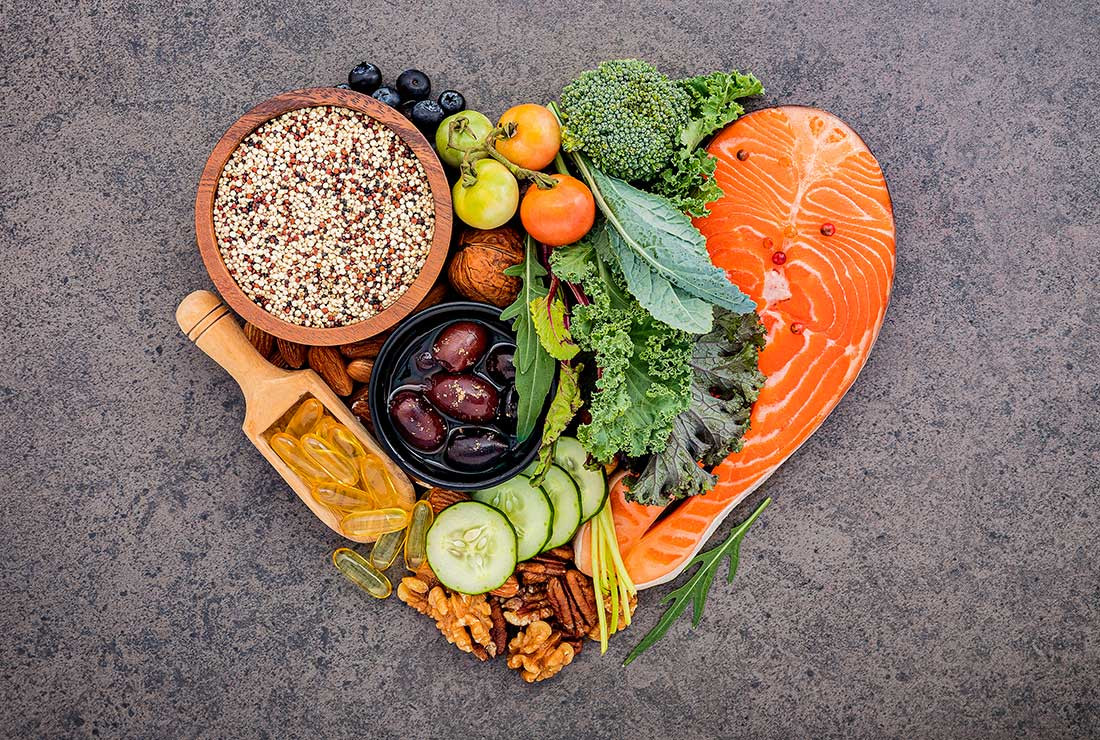All of the above mean cutting out meat from a diet, although their key concepts differ from one another. Vegetarianism, for instance, is often chosen due to a reluctance to see animals come to harm, meaning that meat, meat products, and pungent smelling vegetables, such as garlic and chives, are avoided. Vegetarians tend to season food only slightly and are strict in their adherence to this diet, especially during vegetarian festival periods.
Other types of vegetarians, on the other hand, will avoid meat but may eat certain animal products, such as milk, eggs, and honey.
Veganism is a stricter version of vegetarianism, chosen by those who are steadfast in their desire not to see animals harmed in any way whatsoever. This means not only avoiding food products made from animals, but also any other products made using any such animal derivatives, including those made with fur.
Plant-based diets are mostly selected for health reasons due to the benefits provided by vegetables, fruits, nuts, and grains that have only undergone minimal refinement. However, this diet also requires carbohydrates, proteins, fats, vitamins, and minerals in suitable amounts due to the lack of meat consumed. However, those adhering to this diet are able to source some proteins from certain animal meat, such as fish.

